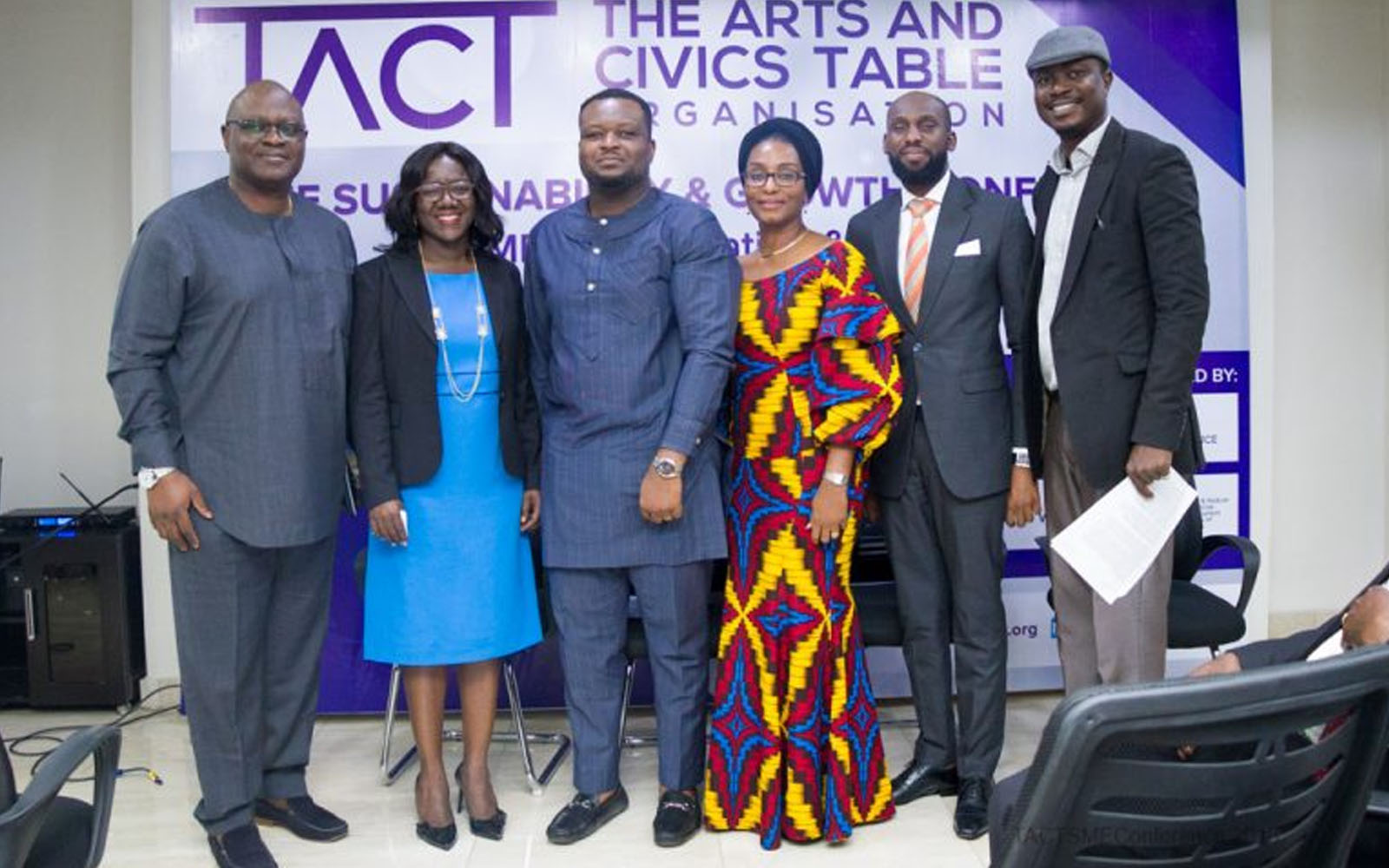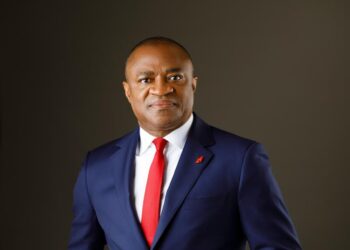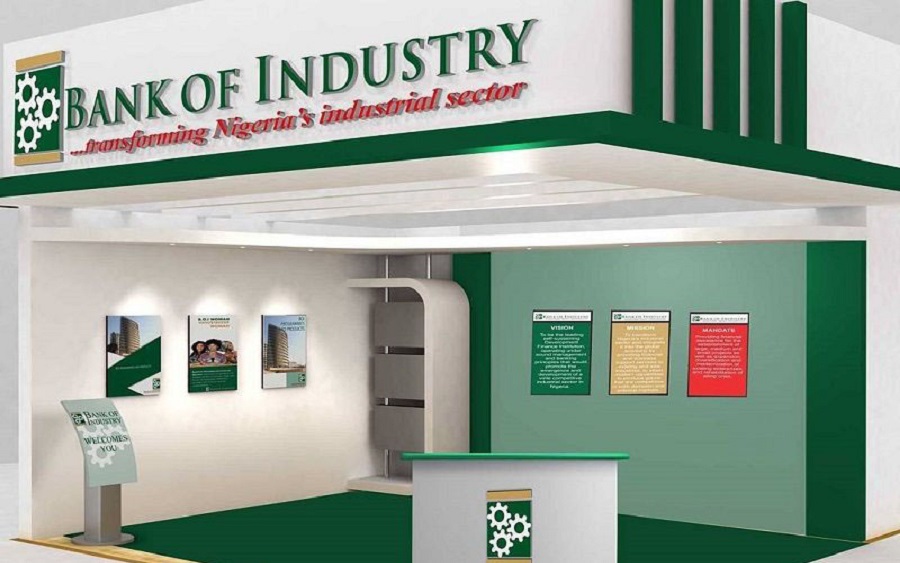Communique Issued At The End Of A 1 – Day Conference Organised By The Arts & Civics Table Organization (Tact) On Sme Sustainability & Growth, Held On 27 June 2018, At The Zone Tech Park, Gbagada, Lagos
The TACT SME Conference 2018, themed “Formalization and Financing”, proved to be of great impact to participants − Micro Small and Medium Enterprises (MSMEs) and policymakers. The conference highlighted major challenges faced by entrepreneurs, as well as available opportunities from government agencies, development finance institutions and, grant – making institutions. Also, business process solutions to improve the MSMEs eligibility for available interventions were exhaustively discussed.
Representatives of the Central Bank of Nigeria (CBN), Bank of Industry (BOI), Lagos State Employment Trust Fund (LSETF) and Small & Medium Enterprises Development Agency of Nigeria (SMEDAN) spoke to SMEs about government’s funding interventions for SMEs.
On the business formalization theme, SMEs gained valuable insights from business consultants and experts from PricewaterhouseCoopers (PwC), Workforce Group, Lagos Business School, Enterprise Development Centre, What Next, Coach?, Fate Foundation, Tony Elumelu Foundation, and Wennovation Hub on how to structure their businesses for survival and scaling through seeking relevant information, prioritizing employee engagement, keeping records, maintaining systems of internal controls and developing business management skills.
The role of government in supporting entrepreneurs was highlighted throughout the conference, especially the importance of better collaboration between government, private sectors, and MSMEs. The conference also provided a platform for government agencies to highlight existing government policies, programmes and reforms to support these businesses.
Two notable Nigerian entrepreneurs, Temie Giwa – Tubosun, founder and CEO of Lifebank, and Dr. Ola Brown, founder and CEO of Flying Doctors Nigeria, were also at the conference. They shared their experiences on recognizing opportunity, developing business skills, managing talents and relationships, negotiating and controlling cost, and building loyalty.
Representatives of government agencies who spoke on policy at the conference are Tola A. Johnson – Special Assistant on MSMEs to the Vice President, Adedeji Adebisi – CBN’s Deputy Director of Development Finance, Amechi Akwari – SME Department, BOI, Charles Anyanwu – Head SME, LSETF, and Yinka Fisher – SMEDAN’s Lagos State Coordinator.
Subject matter experts who spoke on business sustainability and growth are Taiwo Oyedele – Partner & West Africa Tax Leader at PwC, Foluso Aribisala – Partner at Workforce Group, Nneka Okekearu – Deputy Director at Enterprise Development Centre, Segun Alimi – Scale Lead at FATE Foundation, Stephanie Onwunali – Chief Experience Officer, What Next, Coach?, Folarin Aiyegbusi – Business Information Specialist at Tony Elumelu Foundation, and Habeeb Gbenle – Investment Analyst at Wennovation Hub.
In the course of the presentations and panel discussions participants noted the following:
- Various interventions by development finance institutions exist, and are centered on 4 focal areas — agriculture, manufacturing, MSMEs, and infrastructure. However, the structure of many MSMEs prevent them from being able to access these opportunities, the informal mode of operation also hinder their survival and growth.
- Taxes and government levies place extra burden on micro and small businesses that are still struggling in the challenging business environment.
- MSMEs experience many hindrances to their survival and growth. Some of these include poor access to capital, poor public infrastructure, unfavourable regulatory environment, as well as unsupportive and unrealistic government policies, poor business skills, poor record – keeping and poor risk management, including low utilization of insurance. The success of MSMEs depends a great deal on cash, customers, people, process, access to funds, access to market, business knowledge, industry knowledge and enabling technology.
- Challenges encountered by the development finance institutions in implementing these financing initiatives include political pressure; funding appetite of the banks; apathy from lending banks due to interest differential, high cost of monitoring and evaluation; lack of synergy among relevant institutions; incoherent exit strategy from interventions, and sustainability of these interventions from one government administration to another.
- Trust deficit between MSMEs and the government and insufficient information from government agencies were also noted. Government agencies do not communicate their funding interventions effectively therefore many MSMEs are unaware of them.
In light of the discussions and observations, the following recommendations were made:
- The government should creatively utilize social media platforms in disseminating information to young entrepreneurs and improve the content of their websites to give detailed information on their programmes.
- The government should review policies that adversely affect MSMEs in order to create an enabling environment for business. Such policies include taxation, pioneer incentives; innovative financing tools that can further boost access to capital by these businesses.
- The government should develop a process for engaging effectively with MSMEs, while supporting their survival and growth by providing rebates on taxes and critical services and providing a business – friendly and effective regulatory environment. Continuous targeted communication and feedback would help build trust with MSMEs, especially those who still believe that opportunities provided by government are for connected persons only.
- The government should encourage innovation by collaborating with innovative health SMEs in areas like health finance, for business models that can solve challenges like the incessant doctors’ strike. This SME – Government collaboration can be extended beyond the health sector, for a mutually beneficial relationship that can positively impact on society.
- The government should enable more National MSME Clinics and hold them frequently, not occasionally, to provide an opportunity for business owners to follow up on engagement with participating organisations.
- Business owners should visit the websites of government institutions and agencies like the CBN, BOI, SMEDAN, and LSETF to get information on eligibility criteria and how to access funding interventions.
- Entrepreneurs should seek information that can be beneficial to their businesses, especially on customer value proposition and service efficiency, people management and process standardization, research on market access and general industry knowledge. They should also explore strategic alliances and partnerships to achieve synergy.
- All stakeholders should support MSMEs in a continuous capacity building process that would foster the improvement of their entrepreneurship skills, with government and commercial banks supporting such interventions from business consultants as many micro businesses cannot afford the cost of such training programmes.
Conclusion
Participants expressed delight at the opportunity to attend such an important event, the MSMEs were particularly grateful for an opportunity to provide feedback on a range of issues to the government agencies and representatives present.
Special Assistant on MSMEs to the Vice President, Tola A. Johnson, spoke about the National MSME Clinic, an initiative by the federal government to address MSMEs’ challenges. He said that the clinic held its 17th edition in Ibadan on the eve of TACT SME conference in commemoration of the world UN MSME day, and disclosed that the clinic was set to hold in Lagos before the end of the year. He invited entrepreneurs to participate in the programme to access specific solutions to their challenges. He also spoke about a proposed initiative to establish shared facilities where large equipment can be provided to service business clusters.
All conference participants agreed on the need for continuous dialogue between the MSME ecosystems stakeholders to ensure that government interventions reach the intended beneficiaries and policies yield desired results. Yemi Adesanya, co – founder of TACT, organisers of the SME conference, promised that the organization will keep the engagement going between stakeholders, in line with the mission of TACT which is “facilitating meaningful engagement between citizens and government”. She disclosed that the conference will be an annual event to ensure that SMEs continue to benefit.























